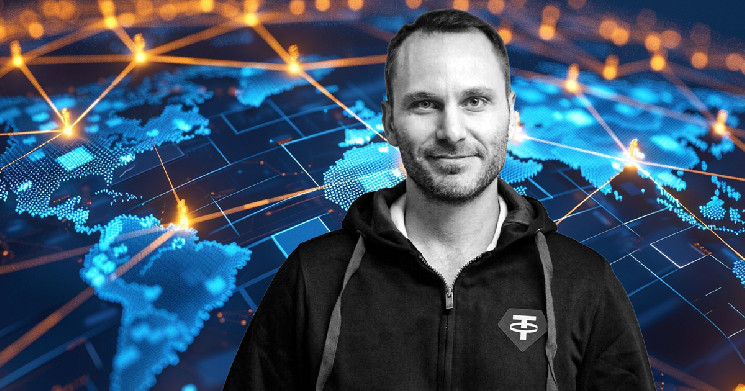Stablecoin issuer Tether CEO Paolo Ardoino has urged more investment in decentralized peer-to-peer technologies following a global IT outage today, July 19.
Crypto reported that a significant technical issue with CrowdStrike’s centralized software led to a global outage that affected many industries. This issue caused Windows computers to display the Blue Screen of Death (BSOD), disrupting services and businesses worldwide.
CrowdStrike CEO George Kurtz acknowledged the impact of this incident, explaining that the issue “has been identified, isolated and a fix has been implemented.” He added:
“This is not a security incident or cyber attack. The problem has been identified, isolated and a solution implemented. We refer customers to the support portal for the latest updates and will continue to provide full and ongoing updates on our website. We further encourage organizations to ensure they communicate with CrowdStrike representatives through official channels.”
‘Peer-to-peer technology’
However, Ardoino suggested that this incident could have been prevented by investing more in peer-to-peer technologies.
He noted that the Internet today is highly centralized around the services of three companies, and that any problems within these companies’ infrastructure could have significant consequences for entire countries, cities, communities and businesses.
He claimed:
“Concentration and centralization create a very fragile world, where almost all the technology we have developed to date can only work at best, and will fail at the first sign of change in the social/ecological ecosystem.”
So Ardoino emphasized that Tether and Holepunch, a platform designed to create apps without centralized data storage, are building technologies that are resilient enough to survive an apocalypse. Tether is a major investor in this technology.
Ardoino’s view reflects the sentiment shared by many crypto stakeholders who pointed out that the global outage demonstrated the importance of decentralization.
Gabor Gurbacs, the founder of PointsVille, said:
“The world’s infrastructure is migrating to robust, decentralized and non-protective rails. Making financial and industrial products and infrastructure apocalypse-proof is increasingly not a choice, but a necessity.”

